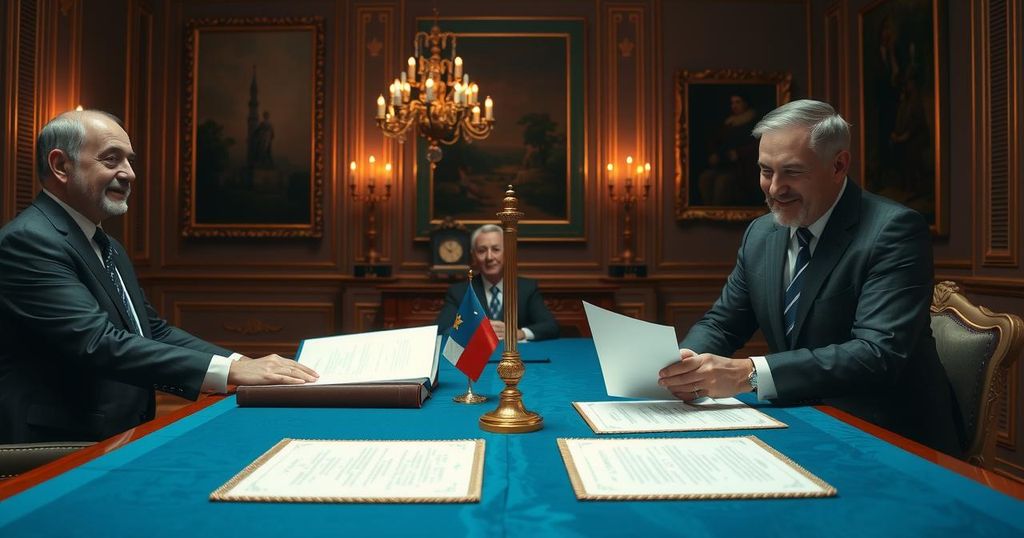- Trump signed a peace accord to end decades-long conflict between Rwanda and DRC.
- The Washington Accords aim to create stability and improve trade between the nations.
- U.S. leaders emphasize the need for meticulous implementation of the treaty.
- Congo seeks U.S. assistance to combat M23 rebels and stabilize the region.
- Around 7 million people have been displaced due to this ongoing conflict.
Trump signs landmark peace deal in Washington, D.C.
On June 27, President Donald Trump signed a pivotal peace accord intending to end decades of conflict between Rwanda and the Democratic Republic of Congo (DRC). This conflict, described by Trump as “one of the worst wars anyone’s ever seen,” has claimed the lives of an estimated 6 million people over 30 years. The signing took place in the Oval Office, with Congo’s Foreign Minister Therese Kayikwamba Wagner and Rwanda’s Foreign Minister Olivier Nduhungirehe present to witness a significant moment for central Africa.
Implementation crucial for peace treaty success
The peace accord, dubbed the Washington Accords, marks a historic turnaround in relations between the two nations. U.S. Secretary of State Marco Rubio underscored the importance of the treaty, calling Trump a “president of peace,” and emphasizing that while signing the agreement is critical, the real work lies ahead in its implementation. Both foreign ministers applauded the treaty as a milestone yet urged the U.S. to ensure its stability this time, citing past failed mediations that have left the conflict unresolved.
Humanitarian implications of the peace accord
The agreement aims to improve trade and investment avenues while establishing a joint security mechanism to combat militias and bolster territorial respect. However, its success hinges on global cooperation and a committed enforcement policy, as highlighted by Democratic senators who warned that vigilance is paramount in overseeing the accord’s execution. With approximately 7 million people displaced within the Congo, the humanitarian impact is profound, with both nations seeking U.S support to disband armed groups and restore stability to a region long ravaged by conflict.
In summary, President Trump’s signing of the Washington Accords represents a vital step toward peace in central Africa, addressing a conflict that has endured for over three decades. It’s crucial, however, to not only celebrate the signing of this treaty but to proactively engage in its successful implementation. Continuous international oversight and support will be necessary to ensure this fragile peace holds and to provide humanitarian assistance to the millions affected by this prolonged crisis.






